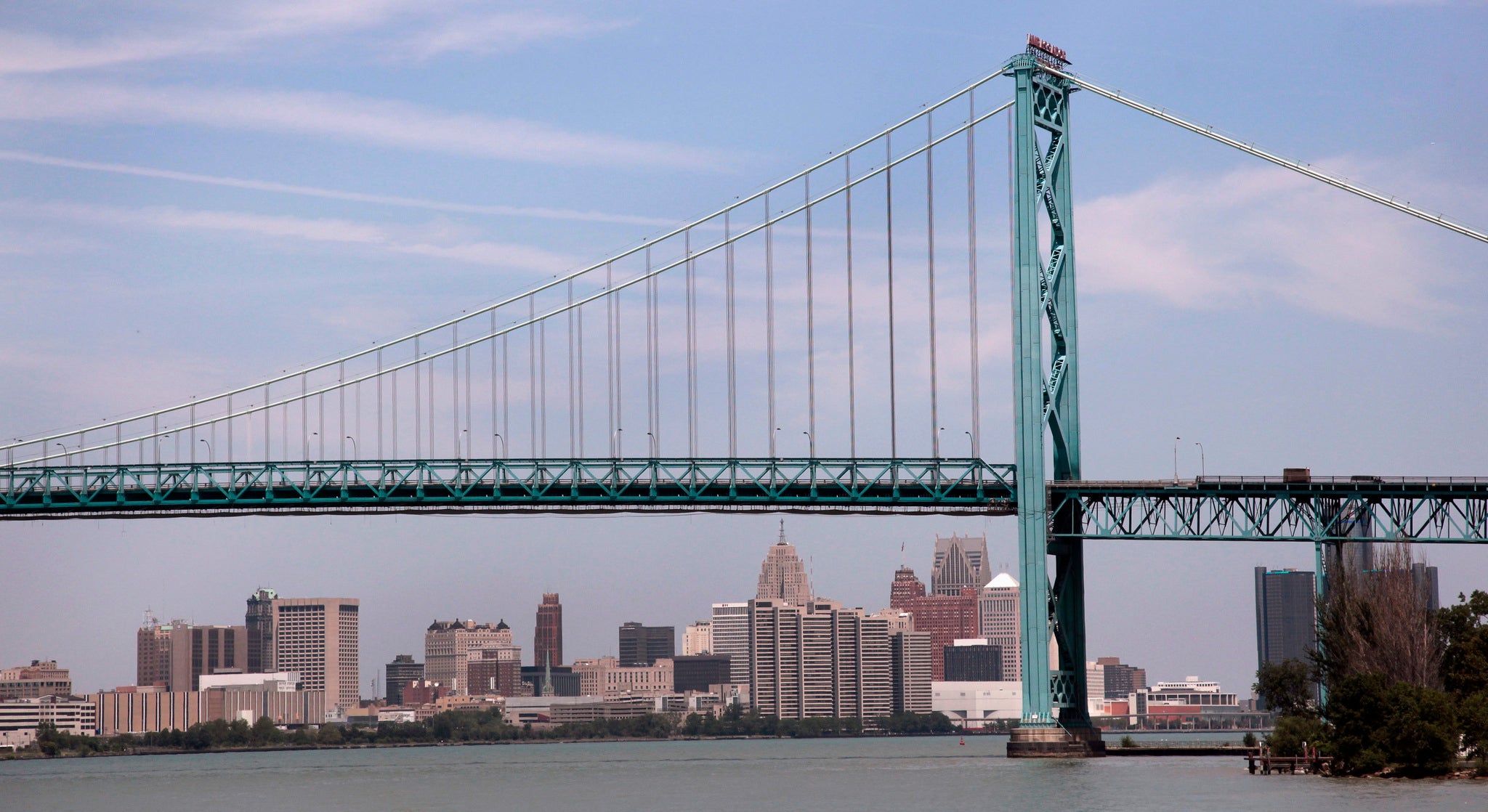Detroit's sweeping bankruptcy plan approved by Judge erasing around $7m in debt
Judge ends largest municipal bankruptcy in American history

Detroit, a city that covers an area larger than Manhattan, San Francisco and Boston combined, was granted a second chance tonight when a judge gave his blessing to a deal that will lift it out of bankruptcy by erasing roughly $7 million in debt and even leaving it a little extra spending money.
With five words – “The court confirms the plan” – Judge Stephen Rhodes ruled that a blueprint for ending what had been the largest municipal bankruptcy in American history was fair to all sides and created reasonable conditions for the city to pick itself up and move forward again.
That assumes, of course, that all of Motor Town’s old bad habits, like rampant corruption and irresponsible bookkeeping, are truly laid to rest. Indeed, a new financial oversight body will hover over the city for at least a decade to ensure it doesn’t bungle its budgets again and slip back into insolvency.
By any standards, the deal to bring the city out of bankruptcy was done with lightning speed. The filing was first made in July last year, when Governor Rick Snyder of Michigan, who was re-elected this week, appointed Kevyn Orr as a special Emergency Manager of the city to take over its management and help pave the way for the negotiations that led to today’s deal.
“I’m probably more surprised about how well things have turned out compared to where we started,” Mr Orr told the Wall Street Journal before the judge’s decision. “The city had been through a long period of trauma.” The sentiment was echoed by the city’s chief lawyer in the case, Bruce Bennett. “I don’t think we could have done more.”
The way was partly paved by the highly unusual generation of a pot of some $816 million provided by the state but also by philanthropic organisations and donors that amongst other things meant that Detroit was not forced to sell the art collection at its world class museum, the Detroit Institute of Arts.
The $1.7bn in spending money means the city can begin tackling some of its most glaring blight, like bulldozing hundreds of abandoned buildings. A population that was at 1.2 million in 1980 has now shrunk to about 690,000 after a slow but relentless exodus as car-making jobs vanished, crime soared, schools crumbled and city services vanished. As its citizens fled, so its tax base vanished.
Also high on the list will be addressing the fact that half its street lamps don’t work, updating decrepit computer systems at city hall and re-manning threadbare fire and police departments.
The deal did not come without pain. Among those to feel it were the 30,000 municipal workers and retirees who agreed to take a 4.5 per cent cut in their pensions. Thousands who held portions of the city’s debt including banks were meanwhile persuaded to receive pennies on the dollar in return.
Join our commenting forum
Join thought-provoking conversations, follow other Independent readers and see their replies
Comments
Bookmark popover
Removed from bookmarks